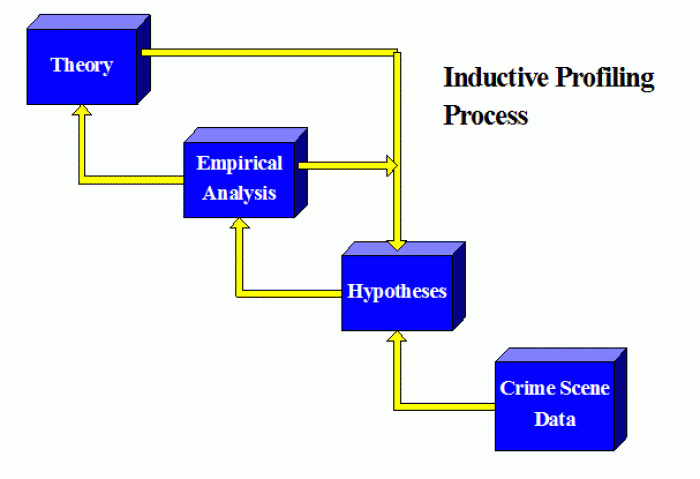|
|
|
Colchicine is a highly poisonous alkaloid originally extracted from a type of saffron plant that is used mainly to treat gout.
Adult head lice are gray, about ? inch long, and often have a tiny dot on their backs. A female can lay between 50 and 150 eggs within the several weeks that she is alive. They feed on human blood.
Human stomach acid is strong enough to dissolve small pieces of metal such as razor blades or staples.
Common abbreviations that cause medication errors include U (unit), mg (milligram), QD (every day), SC (subcutaneous), TIW (three times per week), D/C (discharge or discontinue), HS (at bedtime or "hours of sleep"), cc (cubic centimeters), and AU (each ear).
As the western states of America were settled, pioneers often had to drink rancid water from ponds and other sources. This often resulted in chronic diarrhea, causing many cases of dehydration and death that could have been avoided if clean water had been available.
 With tough economic times, a lot of people have lost their jobs—and their homes. If this happens, ...
With tough economic times, a lot of people have lost their jobs—and their homes. If this happens, ...
 The social movement that centers on the environment has become global. In all nations, people are ...
The social movement that centers on the environment has become global. In all nations, people are ...





